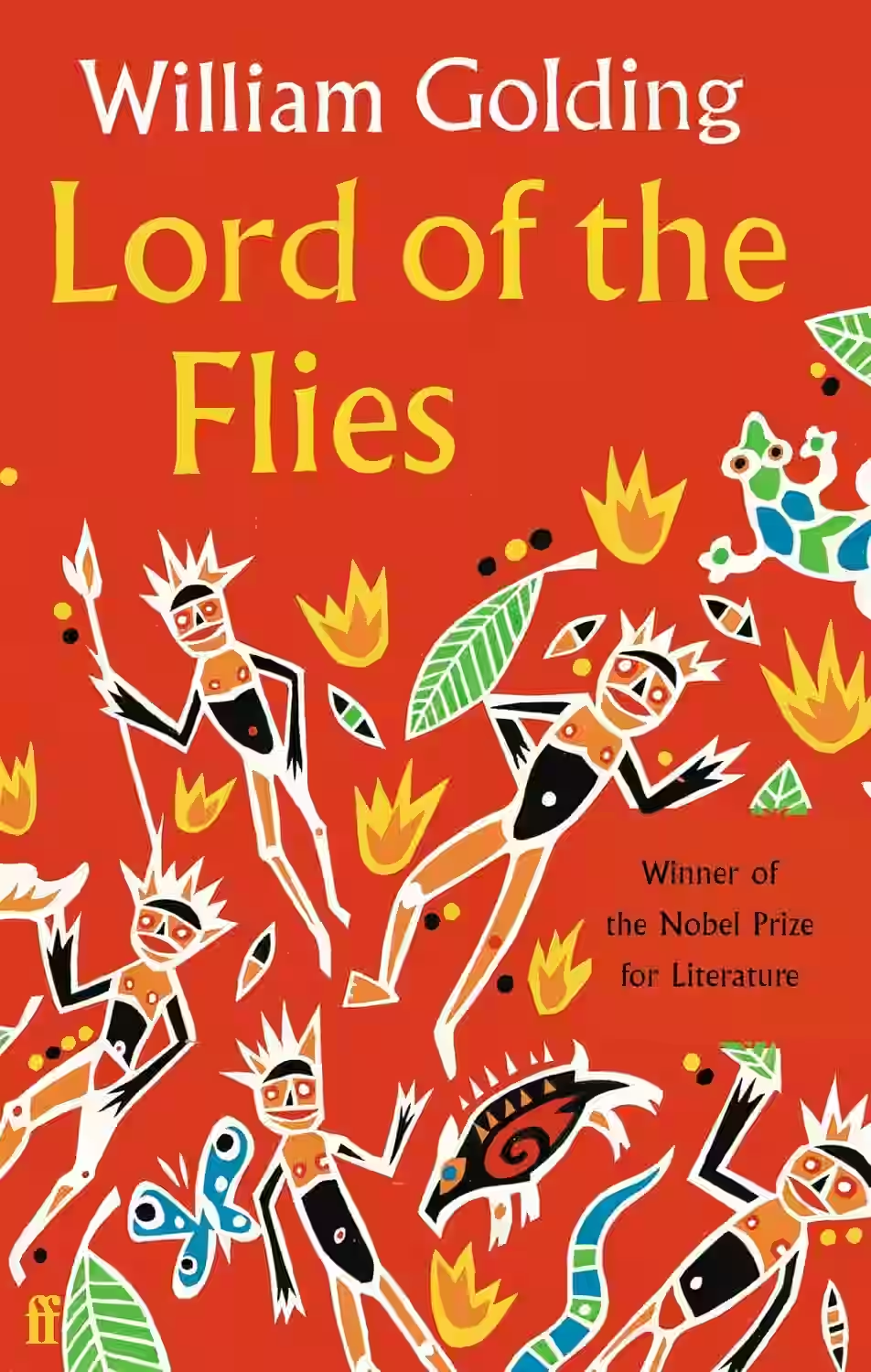William Golding
William Golding (1911-1993) was a British novelist and playwright, best known for his seminal work 'Lord of the Flies' (1954), a dystopian novel exploring the inherent darkness of human nature. Golding, with his vivid imagination and insightful storytelling, delved into themes of morality, power, and civilization in the face of chaos. Awarded the Nobel Prize in Literature in 1983, his impact on literature is profound, influencing generations of writers and readers alike with his stark, thought-provoking narratives. Golding's work continues to be celebrated for its timeless relevance and profound exploration of the human condition.

Lord of the Flies by William Golding is a haunting allegorical novel about a group of British schoolboys stranded on a deserted island after a plane crash. Without adult supervision, their attempt to establish order quickly descends into savagery, revealing the thin veneer of civilization. The story follows Ralph, who tries to maintain order, and Jack, who embraces chaos and violence. As fear, power struggles, and primal instincts take over, the boys’ society collapses. Golding explores themes of human nature, morality, and the inherent darkness within mankind. First published in 1954, it remains a powerful critique of civilization and human behavior.